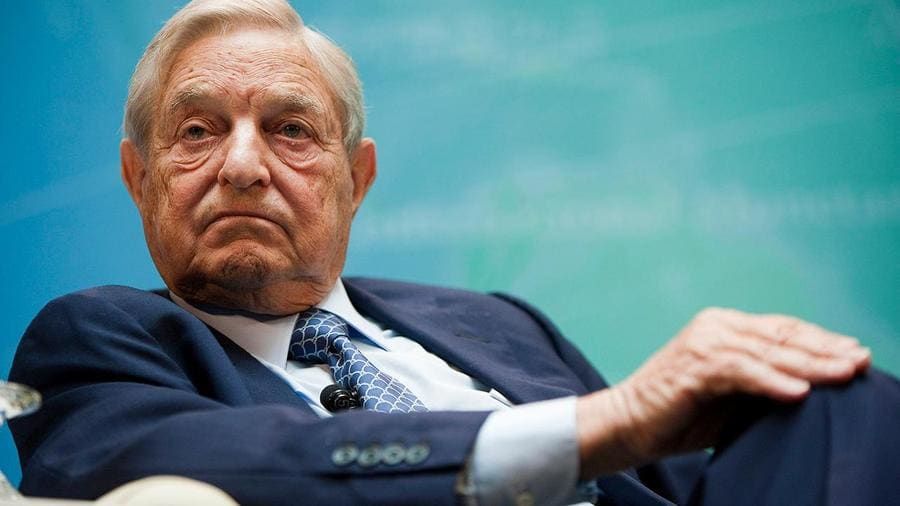
He applies the same strategy he has previously used with varying results.
Call it a three-act strategy.
In the first act, the approach, he makes a cryptic comment about a target. He then waits for the reactions.
The second act is the attack. In this phase, he repeatedly hits the target, aiming to stagger it and force it to throw in the towel. If he gets criticized, he hits more and harder.
In the third act he walks away because he figures the damage is done. The adversary has been weakened.
What matters in all of this is to show that the enemy, whoever and whatever it is, is vulnerable and that he is not afraid of anything and anyone. The objective of this strategy is to prove that he has acquired influence and power that make him untouchable.
Musk Has a Long List of Powerful Enemies
The "he" here is Elon Musk, serial entrepreneur, Chief Executive Officer of electric-vehicle leader Tesla, owner of Twitter, founder of space-tech company SpaceX and infrastructure operation Boring Co., and co-founder of the neuroscience company Neuralink.
In one year the list of victims of his three-act strategy has lengthened considerably. It includes his peer billionaire and the Microsoft co-founder Bill Gates; Anthony Fauci, the immunologist who led the U.S. response to the covid-19 pandemic; and the World Economic Forum, to name a few.
These targets have in common their status as icons. There is a kind of global deference toward them.
Since May, Musk has been going after another prominent person, one of the most famous financiers and philanthropists. George Soros.
For almost a year Musk avoided attacking Soros because the financier had invested in Tesla through his hedge fund, Soros Fund Management. From second-quarter 2022 until the start of this year, the major donor to the Democratic Party remained a shareholder in the carmaker.
But on May 12 Soros Fund Management published, as the Securities and Exchange Commission requires, an update of its portfolio as of March 31. This showed that Soros had liquidated his entire stake in Tesla (TSLA) in the first quarter.
Musk, apparently now feeling free to attack Soros, two days later deployed his three-act strategy.
He started by comparing the financier to Magneto, a Jewish supervillain in the Marvel Comics universe, who "wants to erode the very fabric of civilization" and "hates humanity."
Soros, 92, is Jewish and a Holocaust survivor.
The next day, Musk accused Soros of buying off district attorneys by choosing them and funding their election campaigns so that they became his "pets" and obeyed his orders.
"Soros astutely identified a massive arbitrage opportunity in district attorney elections, where a relatively small amount of money has outsized influence," the billionaire said on May 17. "Soros’s instructions to his pet prosecutors were (essentially) to minimize prosecuting even violent criminals."
"That’s why a criminal – someone who had already stabbed his roommate – could brutally assault Dave Chapelle on stage with that same deadly weapon and yet receive merely a misdemeanor!" Musk charged, without providing evidence.
Musk Remarks 'Distressing, Dangerous': ADL
The attacks drew criticism from civil-rights groups.
To see Elon Musk comparing Soros to "a Jewish supervillain, claiming Soros ‘hates humanity’ — is not just distressing, it’s dangerous," said Jonathan Greenblatt, CEO of the Anti-Defamation League, a civil-rights group that tracks and reports antisemitic actions. "It will embolden extremists who already contrive anti-Jewish conspiracies and have tried to attack Soros and Jewish communities as a result."
These criticisms would have put off an average person. But Musk, faithful to his strategy, found in them motivation to double-down on his attack on Soros.
"I’d like apologize for this post," the billionaire posted on May 17, suggesting that Soros is even worse than the supervillain. "It was really unfair to Magneto."
And if these critics still had not understood that they would not get in his way, the billionaire then amped up the accusations made by conspiracy theorists against Soros.
"Does the public realize that Soros wants open borders? Literally not even checking to see if they’re convicted serial killers on the run, which has happened more than once," Musk argued on May 18, without providing evidence.
Soros has so far remained silent in the wake of Musk's attacks, which also coincide with former Republican President Donald Trump's attacks on the financier.







